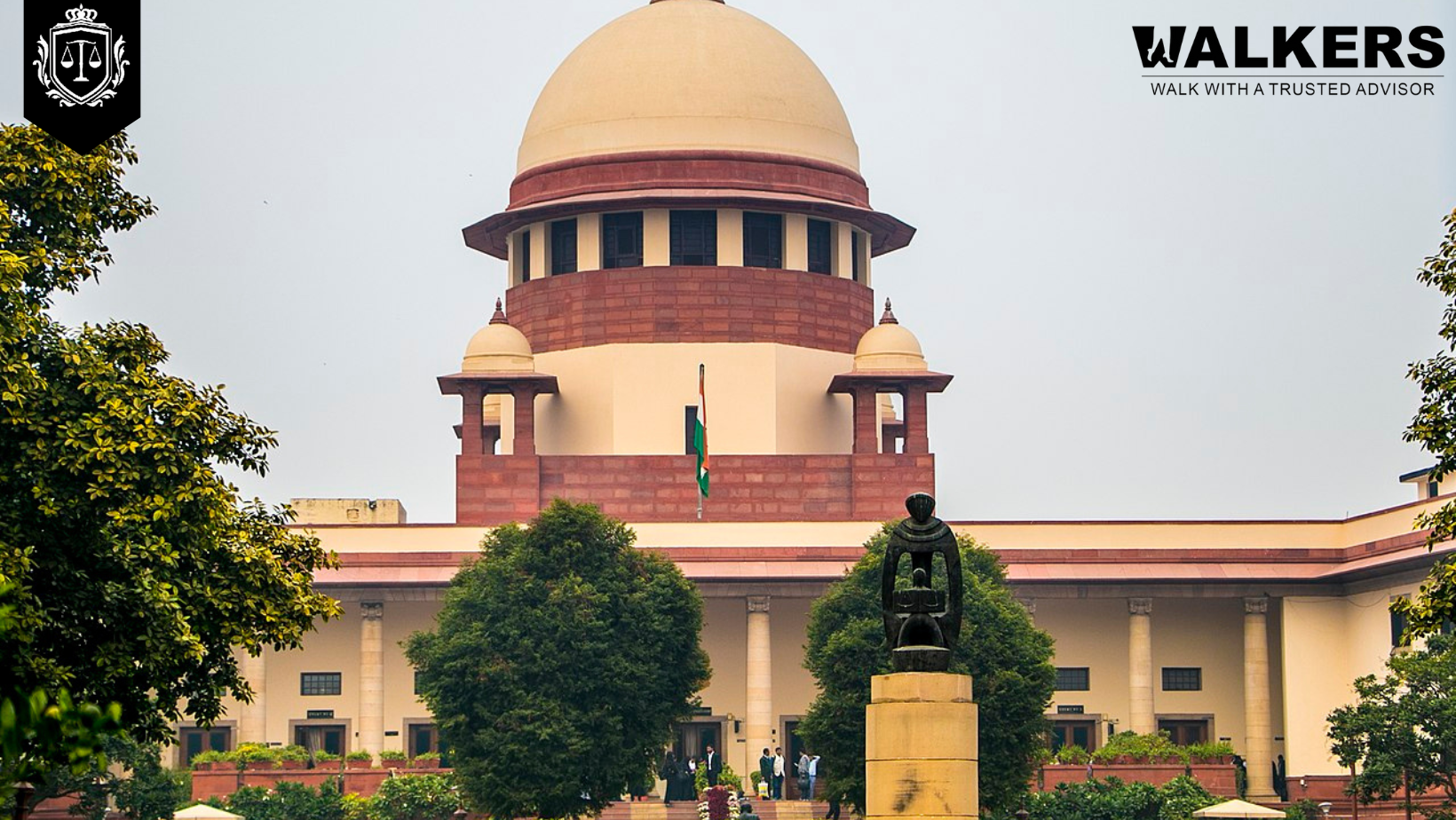


On Thursday, the Central government expressed its opposition to the priority hearing of the Rojer Mathew judgment reference before the Supreme Court.
The matter was scheduled before a seven-judge Constitution Bench for the issuance of procedural directions. When the Bench, led by Chief Justice of India (CJI) DY Chandrachud, acknowledged the matter, Senior Advocate Kapil Sibal suggested prioritizing it.
However, Solicitor General of India (SGI) Tushar Mehta opposed prioritization of the case based on political exigencies. In response, the CJI stated that the Court would make a decision.
The case pertains to the question of whether the Finance Act, 2017, which introduced certain amendments to the Finance Act, 1994, can be considered a "money bill" under Article 110 of the Indian Constitution.
The question before the Court is whether the amendments introduced by the Finance Act, 2017, fell within the purview of a money bill and whether the procedure employed in passing the Bill was valid.
In November 2019, a five-judge Constitution Bench of the Supreme Court had ordered that the validity of the passage of the Finance Act 2017 as a money bill should be decided by a larger bench.
The decision came in a batch of petitions concerning the functioning of tribunals and a challenge to the Finance Act, 2017, which had revamped the schemes governing the functioning of tribunals.
An earlier decision regarding the passage of the Aadhaar Act as a money bill had been approved by the Supreme Court. Since that decision was also made by a five-judge bench, the Supreme Court, in its 2019 decision, decided to refer this matter to a seven-judge bench.
Interestingly, CJI Chandrachud, who was then a puisne judge, had dissented in the Aadhaar case and said that the Aadhaar Act could not have been passed as a money bill.
TAGS: Supreme Court of India Rojer Mathew Finance Act Money Bill Constitution Bench